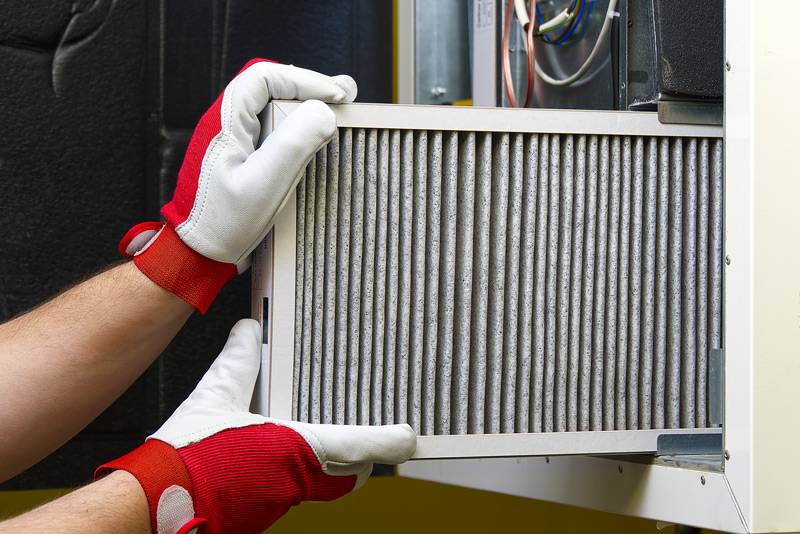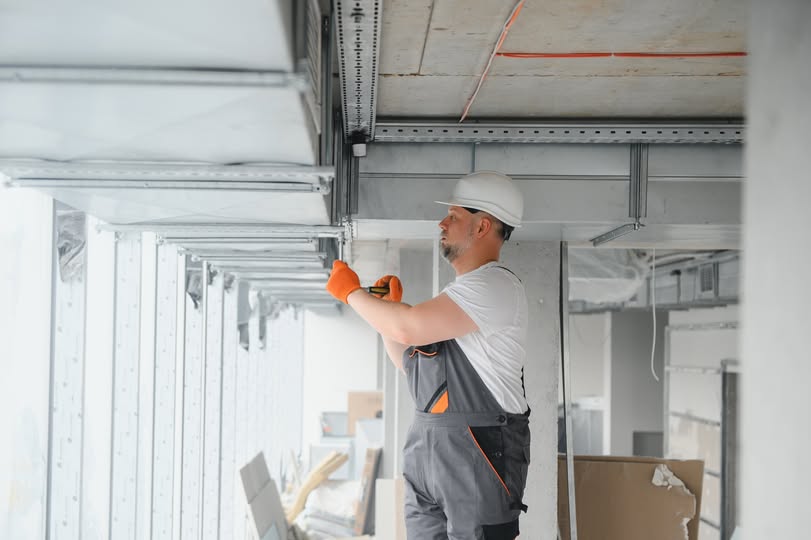Most people do not understand how their air conditioning devices work, the importance of specific devices attached to their HVAC system, and when to conduct maintenance. Taking care of your health and that of your family means understanding how your AC should work and knowing when to do something about it.
How Does An AC Unit Work?
Contrary to popular belief, AC units don’t work by ‘creating’ cold air. Instead, they pump out the warm air in your room and replace it with the cooler air outside. Your ac unit works using the same principle as a refrigerator does. A typical air conditioner utilizes a specialized chemical known as refrigerant and consists of three major mechanical elements: a compressor, a condenser coil, and an evaporator coil. These components work together to convert the refrigerant from gas to liquid and back again in a short amount of time.
The warm air from the room is first drawn into the system. It flows over the cold evaporator coils inside, cooling the air and removing excess moisture with a dehumidifier. In the meantime, the refrigerant flowing through the chiller pipes absorbs heat from the passing air and evaporates. The warm air is then pumped outside while the refrigerant flows through a compressor and a condenser coil, converting it back to a cool liquid. The cold air is then recycled back into the room through your filters and is mixed with the pre-existing air to lower the temperature and humidity in your home.
Why Is Your Filter So Important?
There is a temptation among homeowners to run their HVAC systems without using a filter to save on electrical bills. Your filters are in place to ensure the safety of your health by minimizing the chances of you developing respiratory tract infections. As it provides you with clean breathing air, it also prevents entry and spread of insects and bugs into your home.
7 Signs That You Need To Change Your Filter
Now that we’ve established the importance of filters in your home, here are some of the signs that your filter needs replacing:
1. If your filter looks grey and dusty
2. If the air in your home appears dusty
3. If your eyes, nose, and throat constantly feel irritated
4. If you have unexplained recurring instances of dizziness and fatigue
5. You can notice a strange smell coming from your filters
6. Your HVAC system is hot
7. Your filter fails the ‘White Sheet’ test
If you are experiencing problems with your HVAC system, contact us today at A-Plus Quality and connect with our experienced professionals in Toronto!
Are you a loyalty program member of A-Plus Quality? Just for reading our blog post today, we would like to give you 1000 bonus points, add them to your account with the code: AP22JUN1. Not a member? Don't worry, sign up and start earning points today. Download the App and add perk codes to get your bonus. New members receive a free $50 welcome gift! Do not miss the opportunity to get more points, check out our Facebook and Instagram for more codes.



